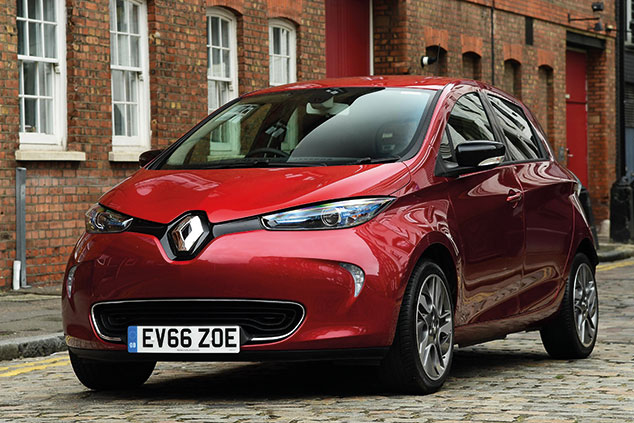
As well as being environmentally friendly, an electric car should be cheaper to run than a normal one, factoring in fuel costs, government subsidies and emissions penalties. However, the government has begun to phase out some subsidies.
Last November the government axed the grant for plug-in hybrid cars and cut the subsidy on fully electric cars from £4,500 to £3,500 (you are entitled to 35% of a car’s purchase price, up to that maximum). This applies to category 1 cars – those with CO2 emissions of less than 50g/km and a zero-emissions range (how far it can go on one charge) of at least 70 miles. Category 2 and 3 vehicles, which either emit more or have a shorter zero-emissions range, are no longer eligible for this grant.
On the plus side, all ultra-low emission vehicles remain eligible for the electric vehicle home charge scheme. This is a 75% contribution towards the cost of a home charge point and its installation, up to a maximum of £500 per household or vehicle. The total cost, before taking the grant into consideration, should be somewhere between £850 and £1,250, including paying someone to fit it.
Savings versus petrol
One of the most affordable and best-selling electric cars is the Renault Zoe, says James Mills in the Daily Telegraph. The Dynamique Nav R90 ZE 40 version costs £28,270, with battery included. Batteries lose their capacity over time, so another option is to buy without a battery for £21,970, and lease one for £99 per month instead. Assuming you drive 10,000 miles a year for three years, leasing would make for a total cost of £25,534.
The next important thing is to get an idea of how much it will cost you to keep it charged. Look at the capacity of the battery, measured in kilowatt hours (kWh). Taking a 100kWh Tesla Model S, and assuming a typical public rapid charging point in the UK – which costs roughly 35p per kWh – the cost is 100 times 35p, so £35 if you charge from empty to full, says Curtis Moldrich in Car magazine.
If you can charge your car at home, a good-value overnight tariff would be 12p per kWh, so a full charge would cost £12. “That’s a major saving over the cost of a £70-£100 petrol/diesel tankful for a typical executive car.”